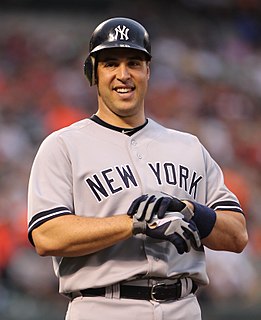A Quote by Robert Southey
There are some readers who have never read an essay on taste; and if they take my advice they never will, for they can no more improve their taste by so doing than they could improve their appetite or digestion by studying a cookery-book.
Related Quotes
The discovery of the good taste of bad taste can be very liberating. The man who insists on high and serious pleasures is depriving himself of pleasure; he continually restricts what he can enjoy; in the constant exercise of his good taste he will eventually price himself out of the market, so to speak. Here Camp taste supervenes upon good taste as a daring and witty hedonism. It makes the man of good taste cheerful, where before he ran the risk of being chronically frustrated. It is good for the digestion.
The mission of a great school is not to cram you with facts so that you can regurgitate them...This gives many boys such a distaste for learning that they never read another book as long as they live. No, the mission is to inspire you with a taste for scholarship - a taste which will last you all your life.
That I can read and be happy while I am reading, is a great blessing. Could I have remembered, as some men do, what I read, I should have been able to call myself an educated man. But that power I have never possessed. Something is always left--something dim and inaccurate--but still something sufficient to preserve the taste for more. I am inclined to think that it is so with most readers.
A good taste in art feels the presence or the absence of merit; a just taste discriminates the degree--the poco piu and the poco meno. A good taste rejects faults; a just taste selects excellences. A good taste is often unconscious; a just taste is always conscious. A good taste may be lowered or spoilt; a just taste can only go on refining more and more.
Readers want to visualize your story as they read it. The more exact words you give them, the more clearly they see it, smell it, hear it, taste it. Thus, a dog should be an 'Airedale,' not just a 'dog.' A taste should not be merely 'good' but 'creamy and sweet' or 'sharply salty' or 'buttery on the tongue.'
What readers ask nowadays in a book is that it should improve, instruct and elevate. This book wouldn't elevate a cow. I cannot conscientiously recommend it for any useful purposes whatever. All I can suggest is that when you get tired of reading "the best hundred books," you may take this for half an hour. It will be a change.






































